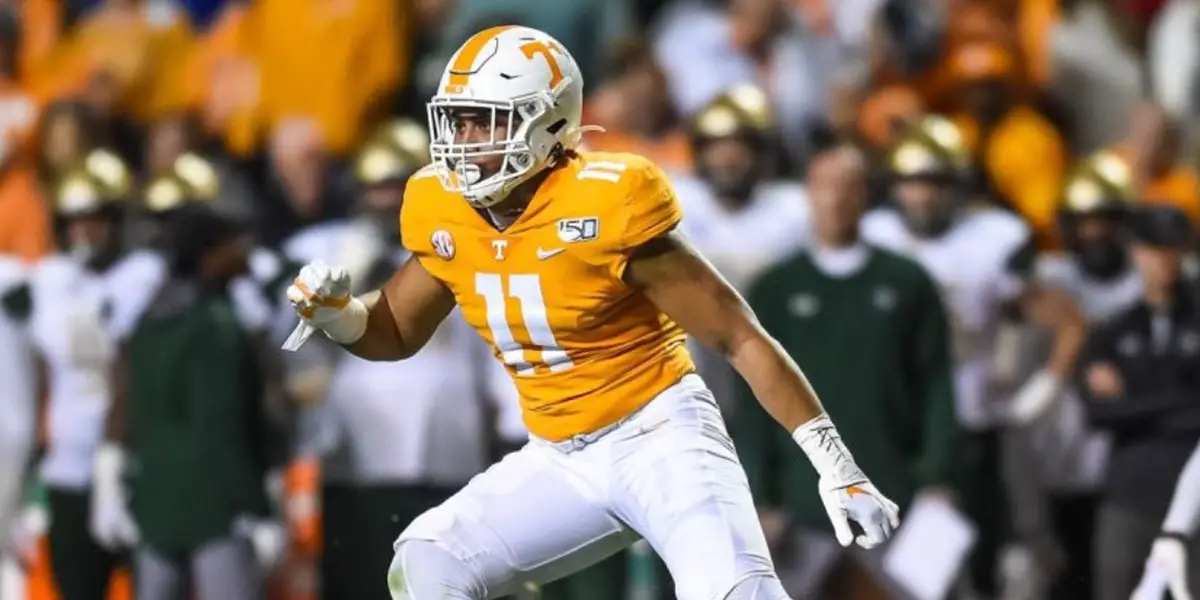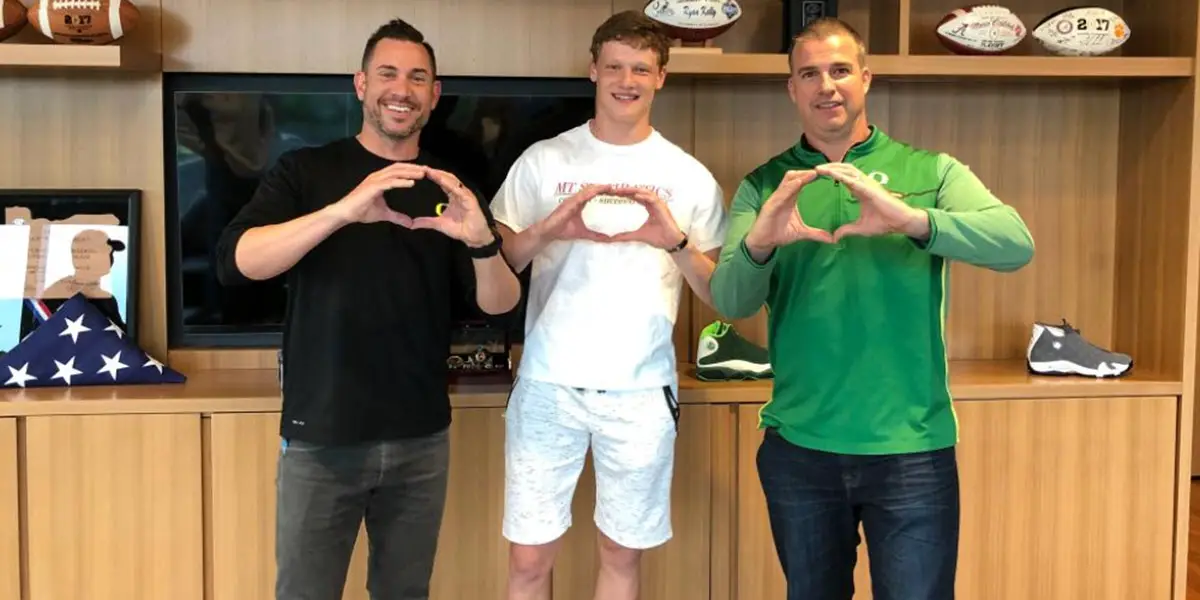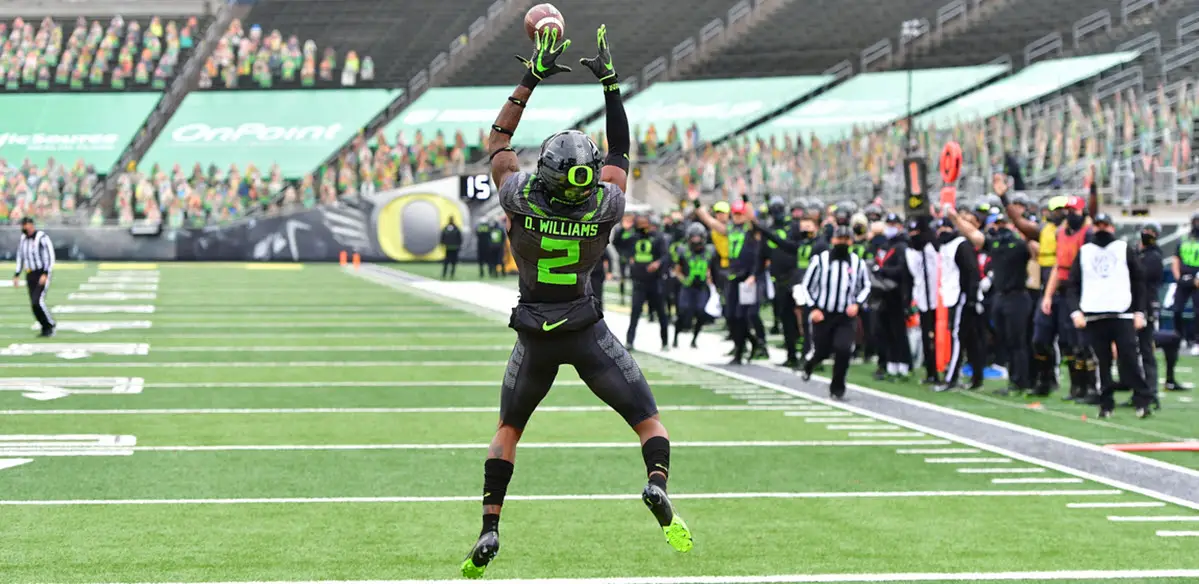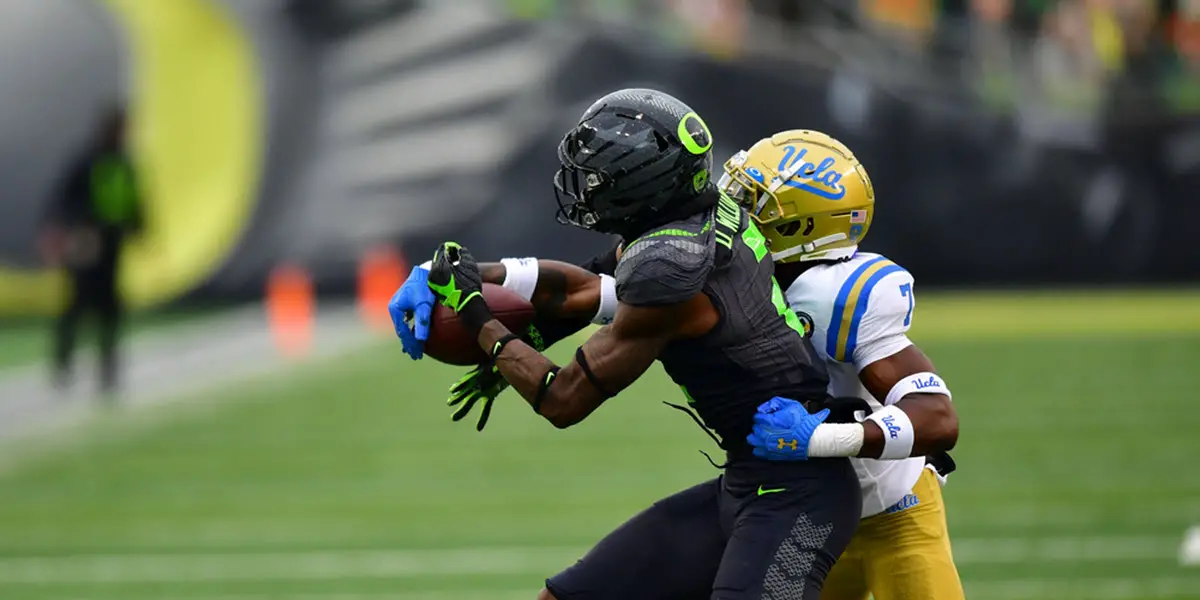On Monday the Pac-12 voted unanimously to approve immediate eligibility for intraconference transfers. In other words, players transferring from one Pac-12 school to another no longer have to sit out a year, but instead will be immediately eligible to play. The ACC recently decided to do away with the rule within their own conference, and the NCAA is considering doing the same on a national level. Until that happens, this is a great rule change for the Pac-12.
The Pac-12 is already struggling holding onto top West Coast talent coming out of high school, and this rule change allows Pac-12 schools to preserve the talent that they already have rather than losing it to other conferences. This will not, however, affect graduate transfers, who have the ability to go wherever they want and play immediately.
The Best Players Will Not Transfer
This rule will benefit the majority of Pac-12 teams, as most programs in the conference do not pull in four and five-star recruits in large numbers. Looking at the 2021 recruiting classes across the Pac-12, Oregon and USC combined for 36 four and five-star recruits, while the rest of the Pac-12 only had 22. There may be initial fears that this rule change will open the door for star players to transfer in droves out of the Pac-12 in search of a better team. In reality, though, this will be incredibly rare, because high-caliber players tend to stay where they are and leave early for the NFL draft rather than risk diminishing their draft stock by transferring to another program.
This offseason, Tennessee’s star player, Henry To’oto’o, transferred to Alabama, an SEC intraconference transfer where the players currently have to sit out a year after transferring. This is an anomaly and only happened because of the multitude of problems facing the Tennessee program, which includes the firing of a large portion of the coaching staff. Unless To’oto’o receives a waiver from the NCAA, or the SEC approves a similar rule as the Pac-12, he will have to sit a year before he can see the field again. The likelihood of the SEC approving a change to intraconference transfers is high, which may have factored into To’oto’o’s decision to stay within the SEC.

Henry To’oto’o was an established star with Tennessee before opting to transfer to Alabama.
Looking at the transfer portal, the average star rating for players looking to change programs is approximately three stars. The vast majority of players in the transfer portal are underused players looking for a chance to play more minutes at a different program. With the wealth of talent in Oregon’s recent recruiting classes, this means we could see some talent leave the program for other Pac-12 schools. We have already seen a large number of Oregon players enter the transfer portal this past year as highly talented freshmen join the team.
One such player is Cale Millen, who opted to transfer out of Oregon at the end of the 2020 season. With such a loaded quarterback room, it was unlikely he would see the field at Autzen. He opted to transfer to Northern Arizona State, but if this new rule were in place when he started his transfer process, would any other Pac-12 school have shown any interest in him? Although he never started, Millen had been with Oregon for multiple years, taking reps in practice and going through Oregon’s strength and conditioning program. Other Pac-12 schools may have seen potential in him.
This is something that, as Oregon fans, we will have to get used to. Players have the ability, more than ever, to leave for greener pastures when they are stuck at a school where they have no hope of ever seeing the field.

Cale Millen transferred to Northern Arizona University, but if he could have played immediately would he have stayed in the PAC?
Keeping Talent Within The Pac-12
The rest of the Pac-12 will benefit from these transfers, which will help elevate the talent base for the Pac-12. It will allow players to free themselves from the bench at one school and compete for playing time at another. There’s no guarantee they will be a success at their new school, but it gives players a chance. Moreover, this rule change will give players who just saw their program’s coaching staff turnover an opportunity to play elsewhere. If coaches aren’t required to have school loyalty, why should the players?
Oregon has been picky about their use of the transfer portal, since the Ducks can fill their allotment of 25 scholarships a year fairly easily. However, if this rule were in effect in 2019, Oregon fans would have had the opportunity to see Devon Williams play right away instead of waiting until 2020 for him to make his debut.

Devon Williams transferred from USC, had to sit out a year, and is now an impact player at Oregon.
The only team that appears to be unsettled by this change in rules is Washington. Washington has actively worked to block immediate eligibility of their transfers. Former Washington quarterback Ethan Garbers transferred to UCLA, but his petition for immediate eligibility was blocked by Washington. With this rule change, Garbers is able to actually compete for the UCLA starting spot right away instead of waiting a year. However, it is highly unlikely Garbers will win the starting spot because of the returning quarterback talent already at UCLA. Immediate eligibility does not mean immediate impact — it just means player opportunity.
The Pac-12 needs all their programs to beat their out-of-conference opponents. Winning will help improve the conference’s reputation, which can lead to more money for all schools within the Pac-12. Even if that means Oregon State picks up some of Oregon’s hand-me-down players, isn’t that better for everyone, including Oregon?
David Marsh
Portland, Oregon
Top Photo By: Tom Corno
 Andrew Mueller, the FishDuck.com Volunteer Editor for this article, works in higher education in Chicago, Illinois.
Andrew Mueller, the FishDuck.com Volunteer Editor for this article, works in higher education in Chicago, Illinois.

David Marsh is a high school social studies teacher in Portland, Oregon. As a teacher he is known for telling puns to his students who sometimes laugh out of sympathy, and being both eccentric about history and the Ducks.
David graduated from the University of Oregon in 2012 with Majors in: Medieval Studies, Religious Studies, and Geography. David began following Ducks Football after being in a car accident in 2012; finding football something new and exciting to learn about during this difficult time in his life. Now, he cannot see life without Oregon football.

